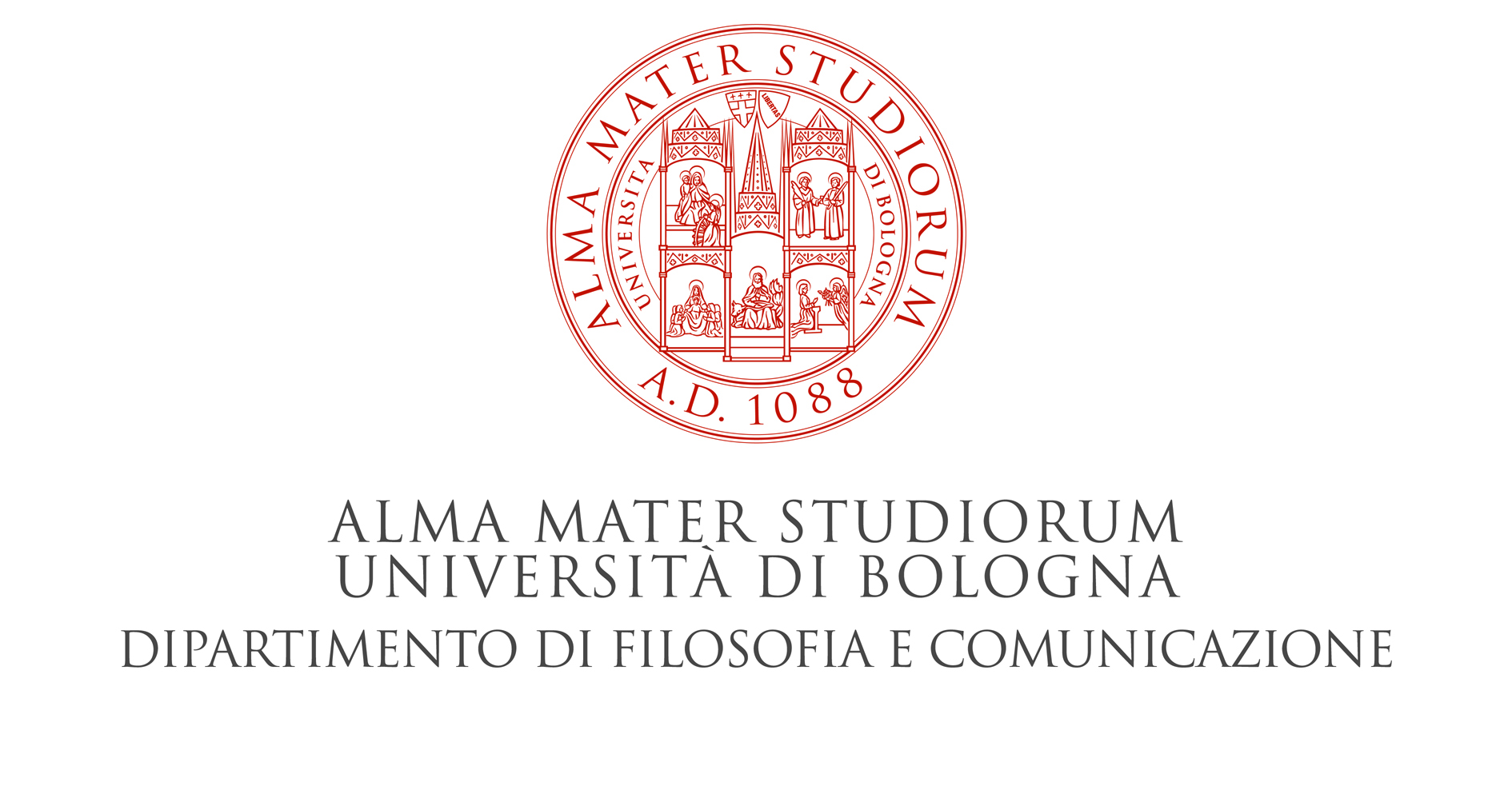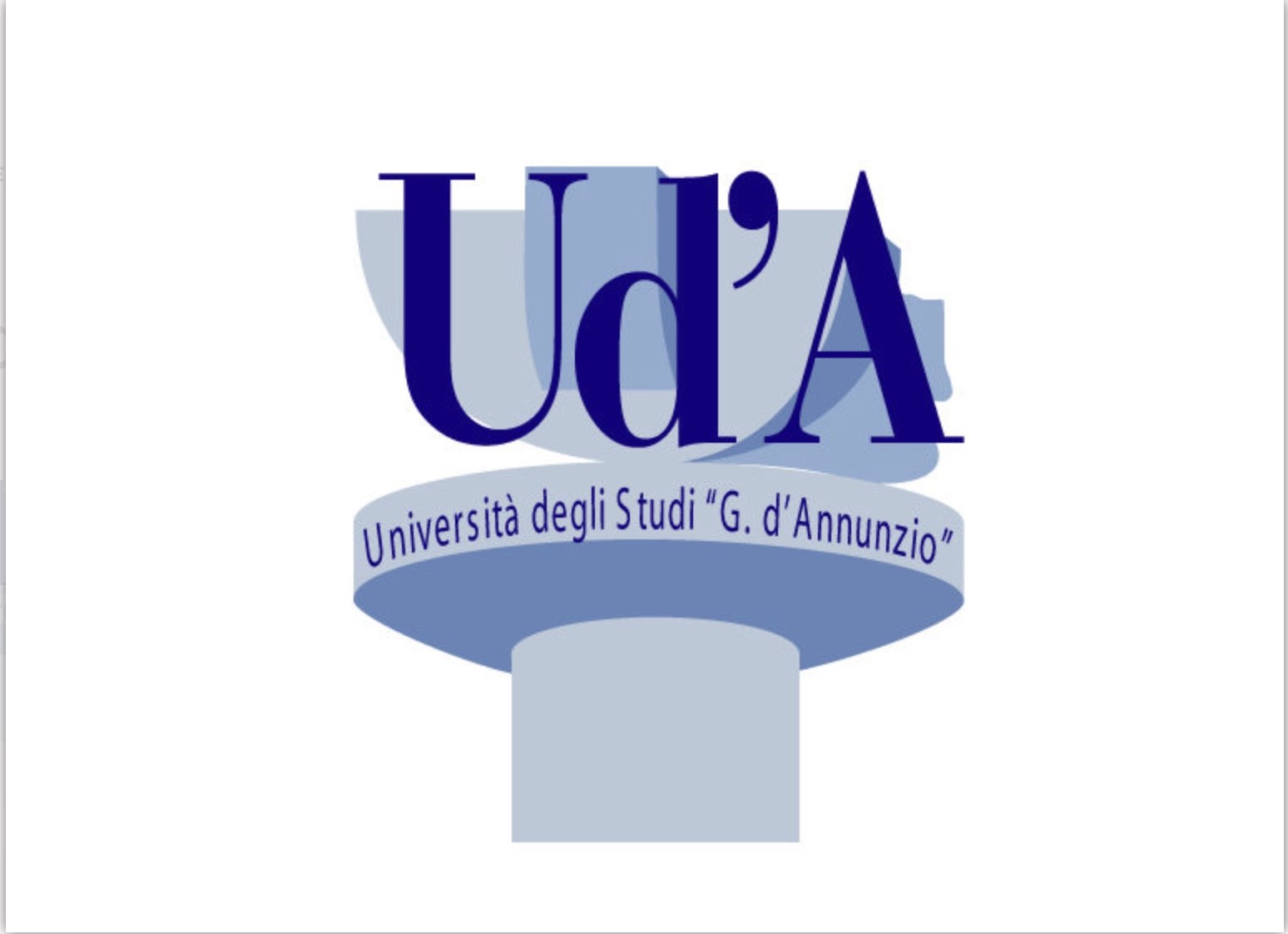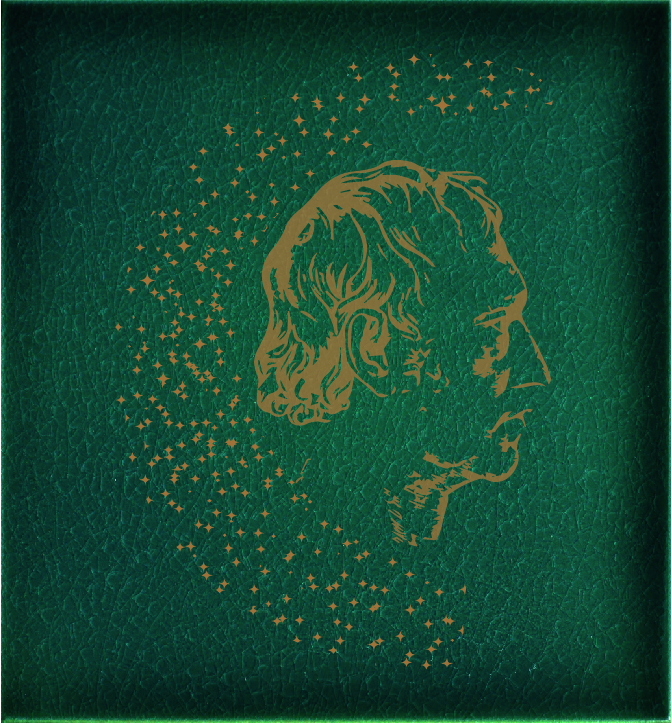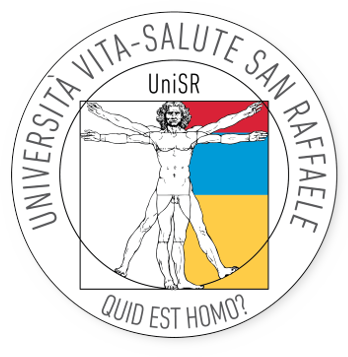Metafisica e ontologia
Call for abstract – Hegel under Construction. Sessione II: Hegel teologo politico? (Deadline 14/04/2024)
di Redazione
English below
Segnaliamo la call for abstract relativa al secondo workshop organizzato dal gruppo di lavoro “Hegel Under Construction”.
Call for Abstract – Hegel under Construction.
Sessione II: Hegel teologo politico?
La pubblicazione del secondo volume dei Gesammelte Werke di Hegel ci ha restituito definitivamente l’immagine del pensiero del giovane Hegel come una galassia ancora in fieri, fatta di indugi e ripensamenti, interruzioni e cambi di rotta, e attraversata da una tensione tanto stilistica quanto contenutistica. Se infatti la natura frammentaria dei testi hegeliani esprime con nettezza il carattere provvisorio e in costruzione dell’operazione filosofica che in essi Hegel sta articolando (e licenzia ormai in maniera definitiva la sistematizzazione apocrifa che di quei testi fece Herman Nohl), non meno controversa resta lo questione dello statuto e della tassonomia relativa alle questioni che Hegel affronta in quei testi, anzitutto relativamente al tema e al ruolo che la componente religiosa (o teologica) gioca in essi. Del resto, non è un caso che sempre Herman Nohl avesse scorto l’opportunità di titolare l’edizione a sua cura Hegels Theologische Jugendschriften (1907) aprendo una delle controversie più dibattute e contestate (anzitutto dai lettori marxisti di Hegel che puntarono il dito proprio contro la dicitura “scritti teologici”, ma non solo). Se infatti la costruzione di una Volksreligion presentata nel celebre Testo 16 sembra occupare lo sfondo della primissima riflessione hegeliana, non meno netta appare la critica (e per certi versi il rifiuto) che il giovane Hegel rivolge nei confronti di una religione dell’Aufklärung, talvolta preferendo motivi più vicini alla romanitas, altre volte ridefinendo – all’interno di un lessico sostanzialmente evangelico – una configurazione inedita dei rapporti tra l’elemento teologico e quello politico; tutto questo, senza chiaramente trascurare il framework che innerva almeno tutto il periodo bernese fino a Francoforte, dove la figura di Socrate si alterna a quella di Gesù e i grandi temi della legge morale, dell’amore, di Israele e del cristianesimo, fanno da fil rouge di una riflessione che non perde mai l’occasione per riferirsi anche al proprio tempo e alle tensioni che lo abitano (non da ultimo, l’interesse per le questioni legate alla filosofia della natura e alla scienza ampiamente testimoniate dai primi scritti).
Seguendo la stessa traccia metodologica e tematica che aveva ispirato il primo workshop organizzato nel giugno 2022 presso l’Istituto italiano per gli Studi filosofici di Napoli, il gruppo di lavoro “Hegel Under Construction” composto dall’Università di Bologna, l’Università Vita-Salute San Raffaele e l’Università di Chieti propone un secondo workshop dedicato, in maniera particolare, al tema della religione e degli elementi che a essa si intersecano nella riflessione del giovane Hegel, da affrontare secondo una prospettiva ermeneutica, storica e teoretica, sia rispetto all’evoluzione interna del pensiero hegeliano che alle sue connessioni con altre riflessioni del Novecento e della contemporaneità. Del resto, come ebbe modo di notare Jacques Derrida in Glas, prima di essere un contenuto del discorso, la religione rappresenta la trama sulla quale Hegel articola la propria operazione filosofica.
Alcune direzioni secondo cui sviluppare la questione a partire dalle Frühe Schriften sono:
- Hegel e la religione greca
- Hegel e l’ebraismo
- Hegel e il cristianesimo
- il rapporto tra religione e stato
- Hegel e l’Aufklärung
- le figure storiche e letterarie nelle Frühe Schriften
- le figure femminili nelle Frühe Schriften
- Frühe Schriften e sistema
- tra Berna, Francoforte e Jena: rottura o continuità?
- i concetti di legge, destino e positività
- il concetto di rivelazione
- Hegel, Lutero e il protestantesimo
- Hegel nel dibattito sul teologico-politico del Novecento e della contemporaneità
- Hegel e gli studi post-coloniali
La proposta va inviata a hegelunderconstruction22@gmail.com segnalando un titolo (anche provvisorio) e un breve abstract (1500/2000 caratteri) entro il 14 aprile 2024.
Gli autori e le autrici degli abstract più interessanti e innovativi saranno invitati a presentare la loro proposta durante il workshop che si terrà 24 e 25 settembre 2024 a Milano presso la facoltà di filosofia dell’Università Vita-Salute San Raffaele.
Sono accettati interventi in italiano, inglese, tedesco, francese, spagnolo.
La durata dell’intervento è di 25 minuti.
L’organizzazione si farà carico dei costi di ospitalità ma non dei viaggi.
Organizzatori: Eleonora Caramelli, Stefania Achella, Giacomo Petrarca
Call for Abstract – Hegel under Construction.
Session II: Hegel political theologian?
The publication of Hegel!s second volume of Gesammelte Werke serves as a definitive reaffirmation of the inherently evolving nature of young Hegelian thought, encapsulating a dynamic process marked by developmental phases punctuated by delays, reconsiderations, shifts in direction, and underlined by a stylistic and content-related tension. Significantly, the fragmentary nature of Hegel’s texts not only accentuates the transitory essence of the philosophical process he delineates but also serves to dismiss effectively Herman Nohl’s speculative systematization. Concurrently, it instigates a discourse surrounding the categorization and status of the themes Hegel addresses, notably pertaining to the significance and role of the religious (or theological-political) element. Furthermore, it is not coincidental that Herman Nohl deliberately chose to entitle his edition as Hegels Theologische Jugendschriften in 1907, sparking one of the most debated and contested controversies, primarily instigated by Hegel’s Marxist readers who critiqued the term “theological writings,” among others. If the endeavor to construct a Volksreligion, as presented in the renowned Text 16, indeed appears to form the backdrop of Hegel’s initial reflections, the polemic (and, in some respects, rejection) that young Hegel directs toward the religion of the Aufklärung is equally unequivocal. This critique sometimes leans toward motifs reminiscent of Romanitas and, at other junctures, involves a redefinition, within a substantially evangelical lexicon, of the unprecedented configuration of the relationships between theological and political elements. Importantly, this intricate analysis does not overlook the overarching framework that pervades at least the entire period from Bernese to Frankfurt. In this continuum, the alternating presence of Socrates and Jesus, along with the central themes of moral law, love, Israel, and Christianity, serves as the guiding thread in a reflection that consistently seizes the opportunity to refer to both Hegel’s contemporaneous milieu and the tensions inherent within it. This includes, notably, the keen interest in issues related to the philosophy of nature and science, as abundantly attested to in these writings.
Following the same methodological and thematic track that had inspired the first workshop organised in June 2022 at the Italian Institute for Philosophical Studies in Naples, the working group “Hegel Under Construction” composed of the University of Bologna, the University Vita-Salute San Raffaele and the University of Chieti proposes a second workshop dedicated in particular, to the theme of religion and the elements that intersect with it in the young Hegel’s thought, to be tackled from a hermeneutic, historical and theoretical perspective, both with respect to the internal evolution of Hegelian thought and to its connections with other twentieth-century and contemporary reflections. Moreover, as Jacques Derrida noted in Glas, before being a content of discourse, religion represents the framework on which Hegel articulates his own philosophical operation.
Some directions in which to develop this question from the Frühe Schriften are:
- Hegel and Greek religion
- Hegel and Judaism
- Hegel and Christianity
- the relationship between religion and the state
- Hegel and the Aufklärung
- Historical and literary figures in the Frühe Schriften
- the female figures in the Frühe Schriften
- Frühe Schriften and the system
- between Berne, Frankfurt and Jena: break or continuity?
- the concepts of law, destiny and positivity
- the concept of revelation
- Hegel, Luther and Protestantism
- Hegel in the theological-political debate of the 20th century and contemporary
- Hegel and post-colonial studies
Proposals should be sent to hegelunderconstruction22@gmail.com with a title (also provisional) and a short abstract (1500/2000 charactes) by 14th April 2024.
The authors of the most interesting and innovative abstracts will be invited to present their proposal during the workshop to be held on 24th and 25th September 2024 in Milan at the Faculty of Philosophy of the University Vita-Salute San Raffaele.
Papers will be accepted in Italian, English, German, French, Spanish.
The duration of the intervention is 25 minutes.
The organizing board will cover hospitality costs but not travel expenses.
Organizing board: Eleonora Caramelli, Stefania Achella, Giacomo Petrarca



